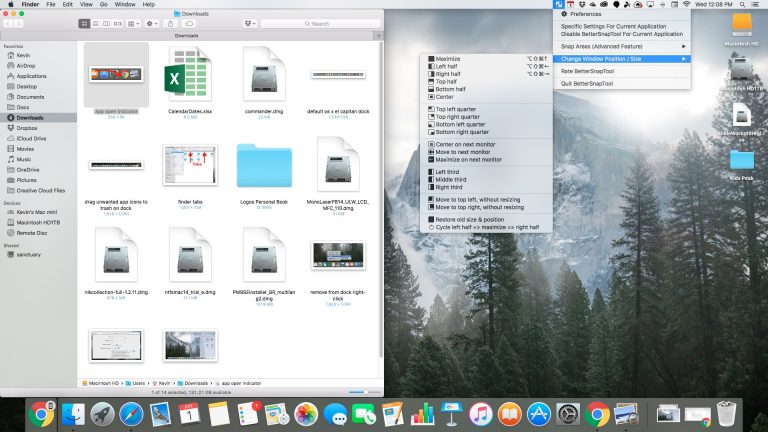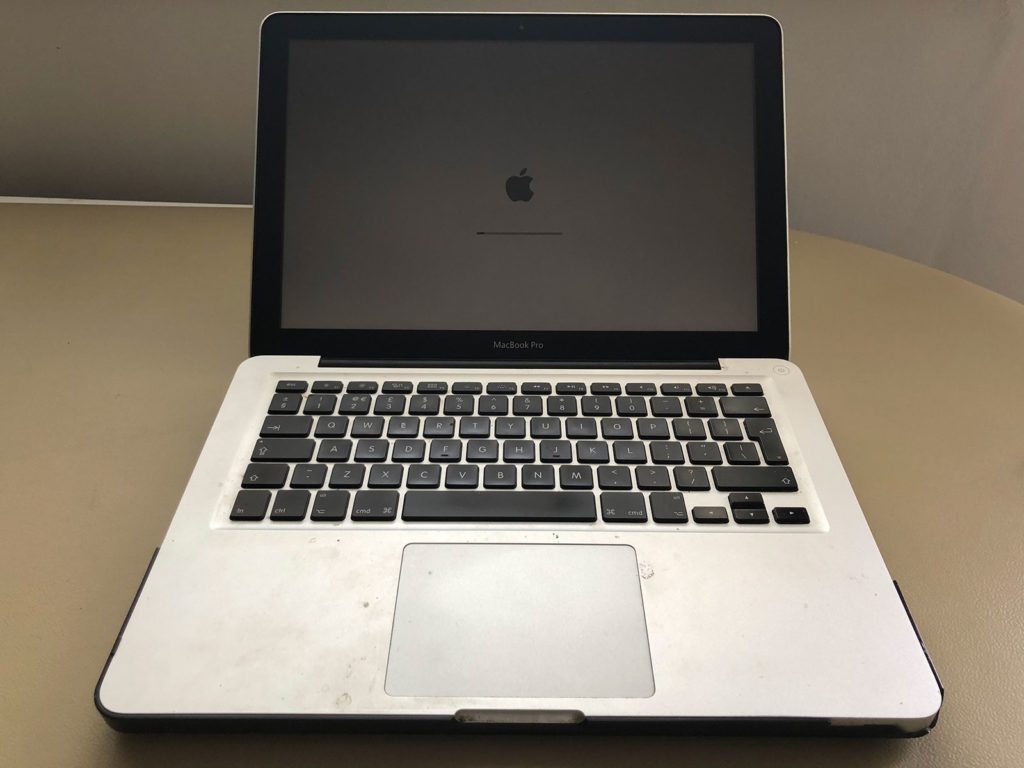
- #Mac os x el capitan 10.11.6 screen replacement mac os x
- #Mac os x el capitan 10.11.6 screen replacement install
- #Mac os x el capitan 10.11.6 screen replacement drivers
- #Mac os x el capitan 10.11.6 screen replacement update
- #Mac os x el capitan 10.11.6 screen replacement free
My guess, maybe from Zapping the RAM (clearing logic board instructions, etc.), and the absence of a corrupt "", the OS rebuilt this document from a BOOT-up shell script (from a blank slate) ? Why did the this scenario: "" into put-back in "Preference" folder.Reboot work ? WOW!!!!!.that was interesting!!!.it seems to have corrected the issue. The generic-icon documents I left on the Desktop displayed their correct icon!!!! So, decided to go back to the original (equation) and moved ".plists" from the "Trash" back into "Preference" folder,Īgain, restarted computer, Zapped-RAM a few times. Tested by moving ".pdf" and ".rtf" documents to Desktop, Restarted computer, Zapped-RAM a few times,
#Mac os x el capitan 10.11.6 screen replacement mac os x
Mac OS X 10.3 "Panther:" The retail boxed version comes with four CDs, three for the Panther installer and one for the rebranded dev tools: Xcode.After my last reply, I put both ".plists" in trash but left the "ist" in "Preference" folder, Without the Dev Tools, Jaguar Retail is 648 MB + 341 MB = 989 MB. There's a third CD in the retail package, "Apple Developer Tools" which has another 338MB of stuff on it.
#Mac os x el capitan 10.11.6 screen replacement drivers
The regular, or 'Client' OS installer now comes on two CDs but most of the second is fonts & printer drivers that you can choose not to install. Jaguar 10.2 Server costs more, and uses a serial-number, but with general-user apps replaced with administrator-level server toys, it is a single CD of 635MB. Mac OS X 10.2 "Jaguar": For the first time, Mac OS X comes in two flavours, regular and Server editions.
#Mac os x el capitan 10.11.6 screen replacement install
Most folk who bought Puma as a retail/upgrade would install the tools too, so 648MB + 341 MB = 989 MB You got a LOT more when you bought a brand-new Mac that shipped with Puma - eleven CDs, which included Puma, Mac OS 9.2.2, a Hardware Test CD, an Applications disc, and a 6-CD set holding a system-restore image. Mac OS X 10.1 "Puma": The retail Puma package has two CDs the main OS installer is still a single CD, but there's a second CD labeled "Tools" that has some extra fonts, utilities and a few dev goodies that are all completely optional. It was slightly smaller than Kodiak as it didn't pack as much nerd into it - it is a consumer OS first and foremost - so Cheetah's disk-usage is 659 MB Mac OS X 10.0.4 "Cheetah": Standard way to get it was to bu the box that was approximately 85% air, 10% printed matter and 5% being a single CD in a sleeve. DP1 occupied slightly more of the CD than the final DP4 release did, so you can count either: DP1 is 679.1 MB, DP4 is 676 MB. Mac OS X 10.0.0 "Kodiak": There were four different iterations of the Mac OS X Public Beta, but they all fit onto a single CD-ROM. You know what's missing from your big lists? Build numbers.Īnd because you asked nicely, here's some extra size data for the list: See Benton's comment below if you want a nicely detailed history of those early releases. Ziebell (for providing some size values on very-old minor updates), and to Benton Quest (for providing size info on all the major releases up through Snow Leopard).
#Mac os x el capitan 10.11.6 screen replacement free
Feel free to contact me if you can help replace any of the "?" entries.Ī special "thank you!" goes to Mr.

#Mac os x el capitan 10.11.6 screen replacement update
The largest (non-combo, non-main OS release) update was 10.15.1 at 5.3GB.

(Tecnically, it's actually the 192 day interval between the Mac OS X Public Beta and version 10.0, but I'm counting from the official 10.0 release.)

Some entries may appear out of chronological order (i.e. Note: The Days column reflects the number of days between releases. Ⓘ Leopard - First universal binary release Ⓘ Snow Leopard - First Intel-only release Ⓘ Lion - App Store only (USB stick later)


 0 kommentar(er)
0 kommentar(er)
